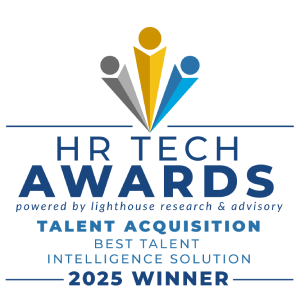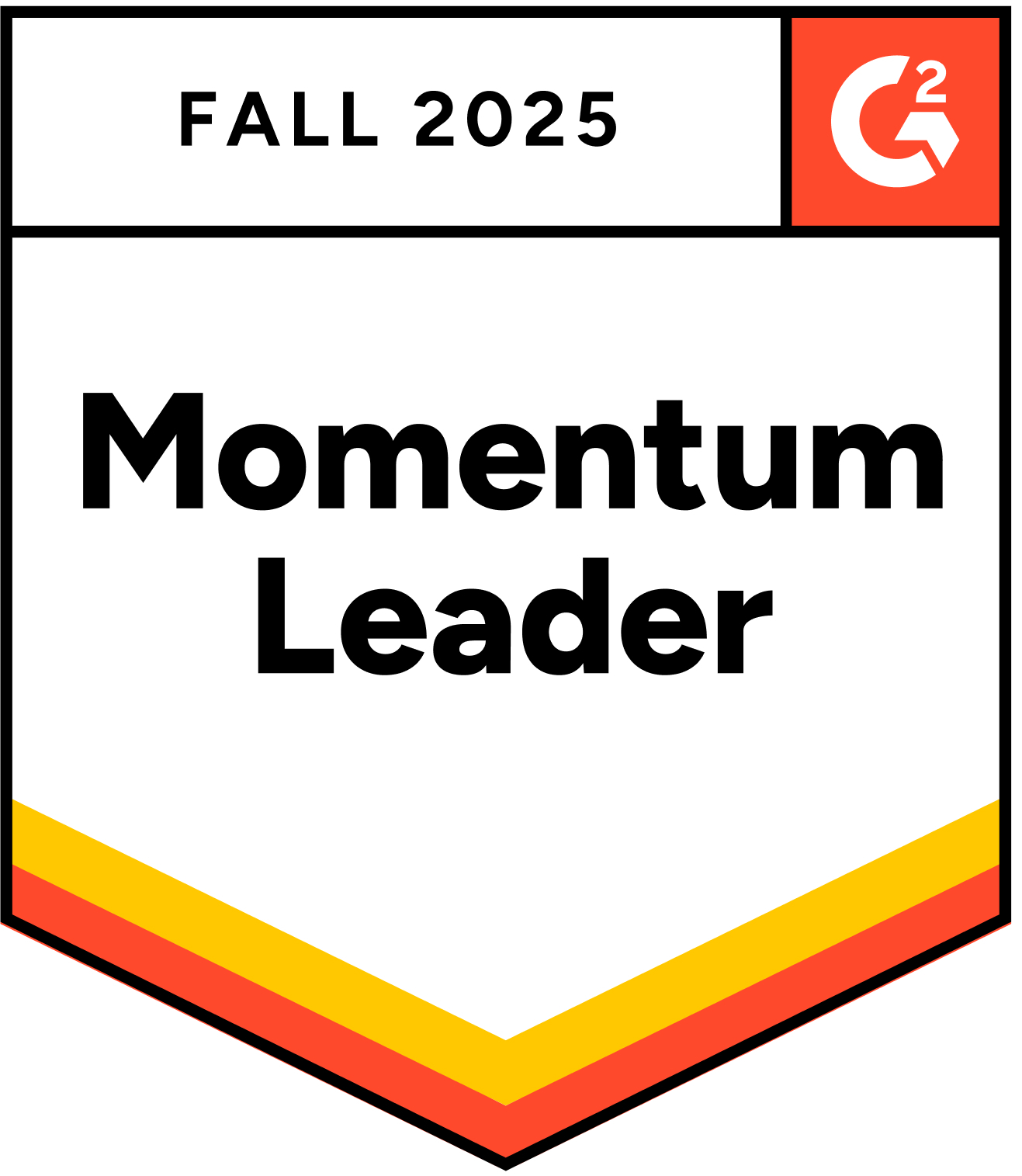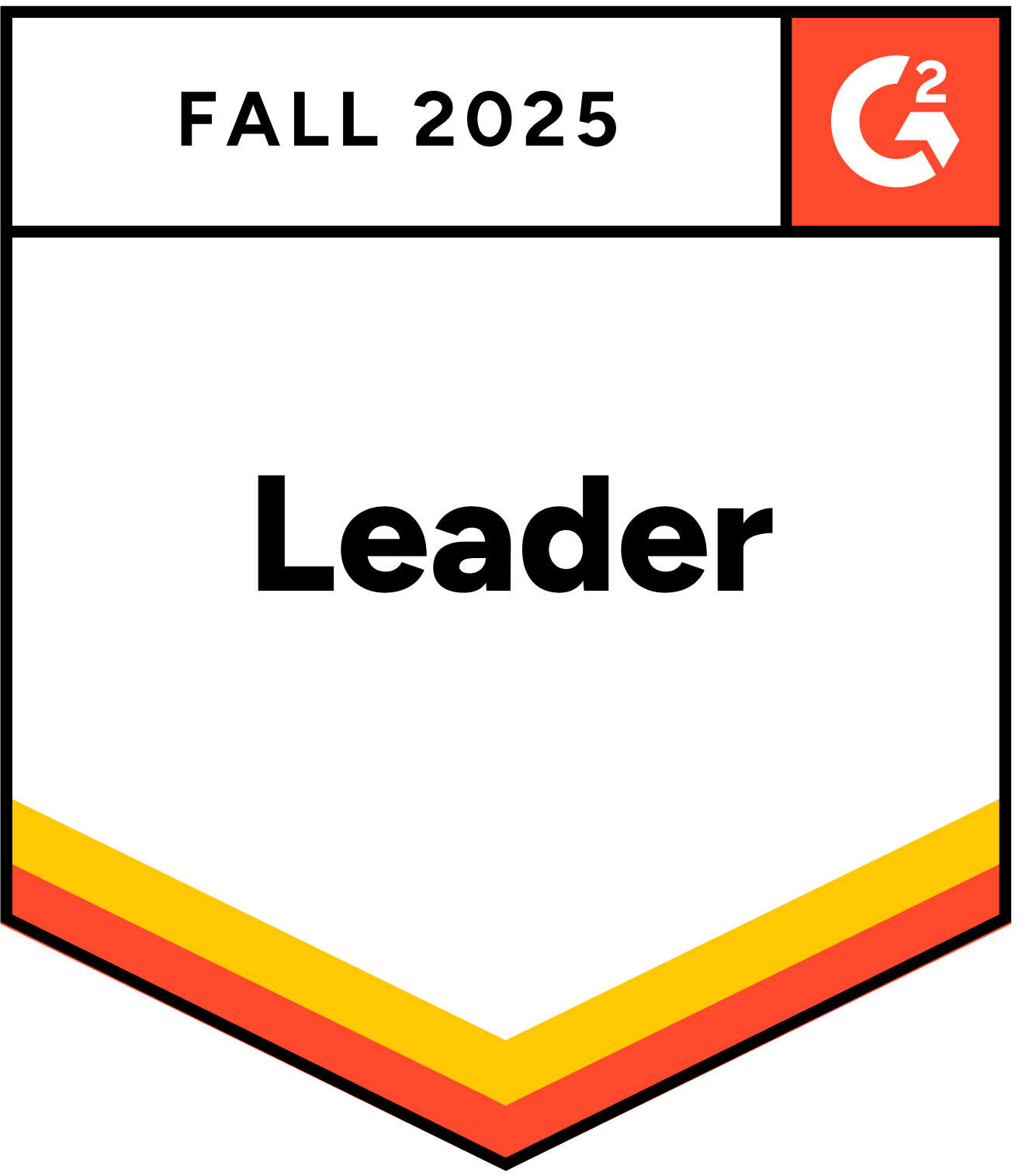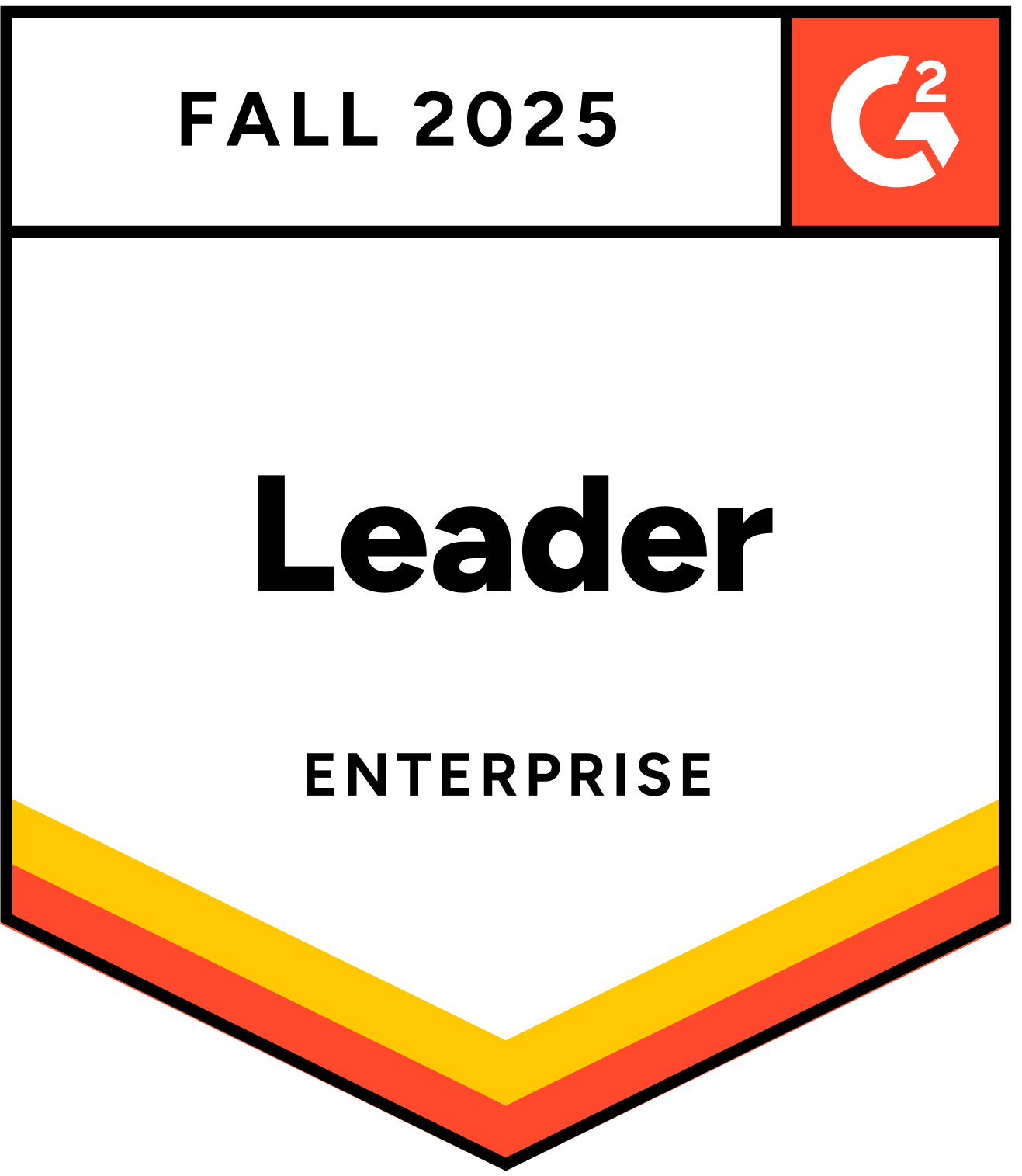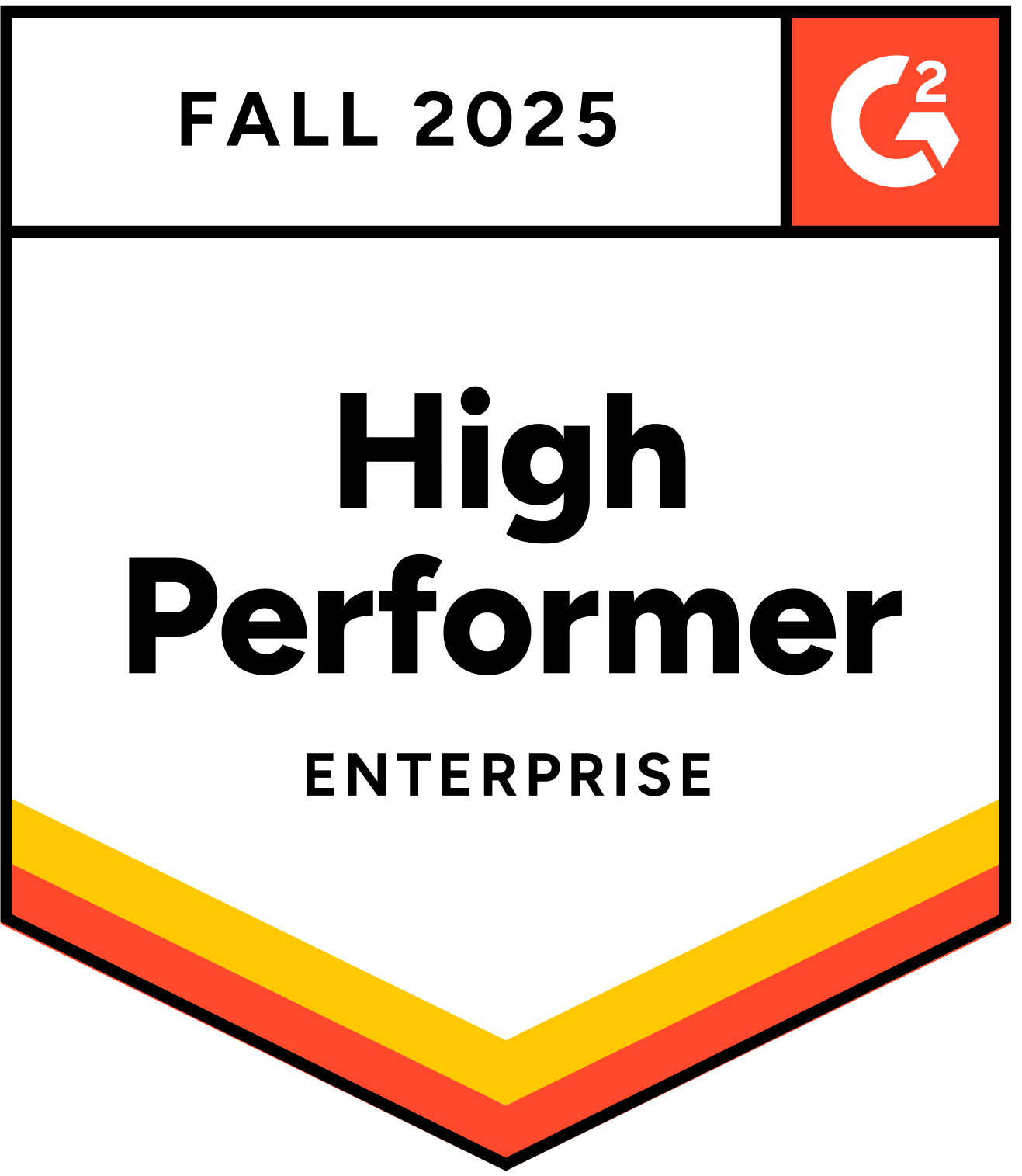I’m Doug, head of candidate experience and engagement at Joveo. Three hundred rejection letters from Madison Avenue agencies taught me that sometimes the career you don’t get leads to work that actually matters.
Fresh out of Iowa State with a degree in journalism and advertising, I was ready to conquer Madison Avenue. But I quickly learned that agencies had little interest in someone without connections or big-city credentials. So I opened the Red Book, pointed blindly at a page, and called Deutsch, Shea, and Evans. They hired me the next day to do recruitment marketing – work I’d never heard of but would spend the next forty years perfecting.
The Work That Chose Me
Helping people find work turned out to be more compelling than convincing them to buy products they didn’t need. There’s something fundamentally different about marketing that changes lives versus marketing that fills shopping carts.
That realization has sustained me through four decades and four companies. The technology has evolved dramatically, but the core mission remains the same: connecting people with opportunities that matter to them.
What Hasn’t Changed in Forty Years
When I started, candidates mailed printed resumes and rarely heard back. Today, they click “apply” on digital platforms and hope for responses that rarely come.
The mechanics have evolved from envelopes to algorithms, but the fundamental problem persists: candidates still disappear into systems designed for internal efficiency rather than human experience.
We’ve automated the mechanics without improving the outcome.
Systems Built For The Wrong User
The problem with most recruitment technology is that it wasn’t designed for candidates. Applicant tracking systems exist to help companies manage volume and satisfy reporting requirements – both internal and governmental. They’re productivity tools, not experience platforms for job seekers.
This creates a misalignment. Companies optimize for their convenience while candidates navigate systems that treat them as data points rather than people with real circumstances and needs.
A recent grad with $120,000 in student debt fills out the same application form as someone casually browsing. The system can’t tell the difference and doesn’t try to. A professional laid off after fifteen years – mortgage due, kids in college – gets the same black-box process as someone comfortably employed and just testing the market.
The mother coordinating applications between school pickups faces identical workflows as the recent graduate with open afternoons. These systems treat urgency and browsing as the same thing because they were built to process volume, not serve circumstances.
Technology should serve human needs, not the other way around.
What Candidate Control Means
True candidate experience means candidates understand and control their journey. They know where they stand, what happens next, and how to get the information they need. When they finally speak with a recruiter, both parties are prepared for a meaningful conversation about culture and fit.
At Joveo, we’re building toward this vision through our agentic platform. Instead of pushing candidates through predetermined workflows, we’re creating systems that respond to their questions and circumstances. Want to know about benefits? Ask. Curious about the team structure? The system can provide relevant information.
When human interaction finally happens, both sides should be prepared for something meaningful.
The Future Belongs To Candidates
The next generation of job seekers won’t tolerate the frustrations that previous generations accepted. They expect transparency, responsiveness, and control over their experience.
Companies that continue treating candidates as an inconvenience to be processed will lose access to the best talent. Those that recognize candidates as customers to be served will gain competitive advantage.
This shift requires more than new technology. It requires rethinking the entire relationship between employers and potential employees.
Forty Years Of Good People
After forty years, what keeps me engaged isn’t the technology or the process improvements. It’s the people.
This industry attracts individuals who genuinely care about helping others find meaningful work. Perhaps that’s inevitable – when your job is connecting people with opportunities, you attract those who find purpose in others’ success.
The best professional memory isn’t an award or recognition. It’s the accumulated relationships with colleagues who chose this work because they believed it mattered.
That belief still drives everything we do.
Curious what the rest of our leaders have to say? Explore the full series on YouTube.
Video Transcript
We are with Doug Shonrock. Hello. Head of Candidate Experience and Engagement. You have 40 years across recruitment marketing, employer branding, HR tech, building transformative platforms and services. You’ve had an impressive and wide ranging career, Doug, in recruiting. So tell me, what drew you to recruitment marketing and HR tech, and what’s kept you here for decades? OK, this is a bizarre story. I graduated from college at Iowa State. My then girlfriend, now wife, moved to New York City. I moved to New York City with her. What’s everybody’s– and I have a degree in journalism and advertising. OK. So I was going to become part of DDBNO, J. Walter Thompson, all of the big madmen ad agencies. And I sent out 300 resumes and got a flush note from all 300 of them, just because I had no agency background coming out of Iowa. So back then there was a thing called the Red Book. So I just opened up the Red Book. A random page, closed my eyes and I went, “Deutsch, Shea and Evans.” I sent my resume to them. They called me the next day. It was a recruitment marketing agency, one of the originals. And they called me in. I had an interview and started the next day. Wow. And that was a long time ago and I’ve been in this business with three other agencies, now Joveo, since then. And what’s kept me here is simple. When I finally got into recruitment marketing, I realized I don’t care what toilet paper you use or what toothpaste you use. But getting people jobs, that appealed to me. And it’s, I’ve been here ever since. I love it. It’s great rewarding work. It is very much. Yes. I’m glad they sent you the letter to not be a part of them. Over the years, you’ve seen the evolution of candidate experience. What are the most significant changes you’ve observed over the years? Wow. Well, if I go back to when it started, the biggest thing that kept a candidate from getting a job was finding an envelope and a stamp because everything was mailed. You had a printed resume. You maybe wrote a cover letter, not very often. You put in an envelope, you mailed it, and you hoped you heard back. And, most of the time, you didn’t, which is a problem we still have today, but maybe we’ll talk about that later. Then it went to job boards, and then it went to ATS systems, and then of course, the internet, and then everything has gone online. So, the process has become much easier for the candidate than it was 35 years ago, but a lot of the same problems really still exist. Yeah, I would definitely agree with that. I think it also depends on the system, from candidate experience perspective, how easy it is to get into that company and do so much more. You’ve been instrumental in shaping Joveo’s candidate experience strategy. In your eyes, what does great candidate experience look like? The candidate experience, great, is when the candidate is entirely in control of the process. And not just the process. They know where they’re at, when they’re there, if they’ve been moved forward. If they’ve been rejected, have the courtesy to send them a note saying, “All the best in your career.” At every point, the candidate is being delivered relevant information through their process, so that bottom line is when we finally get to a person, that recruiter knows what they need to know about that candidate. That candidate already knows what they need to do and what department they’re getting into, and the conversation becomes about culture. Is this the right job for you? Am I the right candidate for you? I think that culture fit is so important in that candidate experience. How is Joveo making that a reality, do you feel like? I think from our core platform, which is programmatic, we are getting jobs to the right people at the right time. That’s step one. Step two, though, is we have a variety of platforms, and I think the one that’s coming out next, which is an agentic version of this, is really going to change the game for the candidates, because the candidate will be in control, be able to ask questions. What are your benefits? What’s the pay like? Of course, obviously, they won’t get into, “Well, you’ll be making X amount per year,” but you know there’ll be generalizations and ranges. At a certain point, they would know the department who’s heading that department, who they might report to. They’d be able to LinkedIn those people. I think part of that is really how we’re changing that, is we’re really connecting those dots and bridging those engagements. Great. If you could give one piece of advice to employers to build a great candidate experience, what would it be? I’ll make this a long answer, because if I go back to just the ATS, ATSs are applicant tracking systems. They are systems that were built for internal productivity so that management could track and report on candidates. That is not a candidate experience. That is an internal process control platform. So, it would be, don’t let technology and don’t let your process drive the entire engagement. Know that the candidate is there. This candidate could be a mother, could be you know currently unemployed, could have commuting problems. There are all kinds of things, but the candidate has got emotions, has got feelings, not just skills and experiences. And I think if we can blend all that together, then you’re going to make longer, better hires, I think, in the long term. Yeah I love that. All right. So, rapid fire Q&A, you ready? Oh, boy. Okay. Tense or tennis, what’s your ideal weekend? Oh, God, that’s easy. Tennis. I play tennis. I play three matches a weekend. That’s an easy one. Definitely easy one. Don’t make it any harder. I would dare not ask about pickleball. Oh, God, don’t cut this out. A tech breakthrough you wish you had invented? Oh, well, if I’m going for money, it’d be the iPhone. But that seems a little… That is, that’s a hard one. A tech breakthrough that I wish I had invented. I mean, I don’t know if this is technology, Velcro. Oh. Yeah, it’s done for so many things. Yeah. For so many things. Even if I’m going down that line, duct tape. Come on. Yeah. So many uses. I have a friend, her grandfather invented the, you know, the O-rings, Oh, yeah. The air compressor that shoots in there, that’s used in every single thing that we do. He actually invented that. Yeah. It’s… Those are the… That’s what I wish I would have invented. Something that has got almost universal appeal, like the iPhone. Who knew that was bad? And that was when she told me, I was like, really? That’s it. She just goes, yep. It’s the same technology that puts it in there and seals it every single time. Favorite professional memory to date? OK. Business-wise, achievement-wise, in 2008, for another firm that I worked at, we won the, we were named one of HR technologies top 10 technology platforms. So that was kind of a professional memory that I’ll keep with me. But the memories, for me, it’s all the people I’ve worked with. I have been fortunate in my substantial career to have worked with some very smart, very human people. And this business is kind of filled with those. I think maybe that’s part of it because we’re helping people find jobs. So it just kind of attracts regular, everyday, good people. Yeah. Love that answer, Doug. One word to describe the future of candidate experience? It’s hyphenated. But it would be candidate-controlled. So tell me a little bit about that. Yeah. Right now, we push jobs out. Candidates have to find them. That’s about the only thing they control. Then they get pushed into some platform, some ATS, and the rest is out of their hands. So candidate-controlled– and I’m not even talking about– people could argue with me that, oh, well, if you go to this ATS or that ATS, there’s a candidate portal. Not really candidate-controlled. That’s allowing the candidate access to certain information. But candidate-controlled, I think, is very much understanding that– and especially if you’re looking for Gen Z and millennials, they’re not going to do things the way I did them when life started. It’s just not going to work that way. Awesome. Great answer. Thank you for your time today and spending time doing this. I’ve enjoyed it very much. Thank you.

